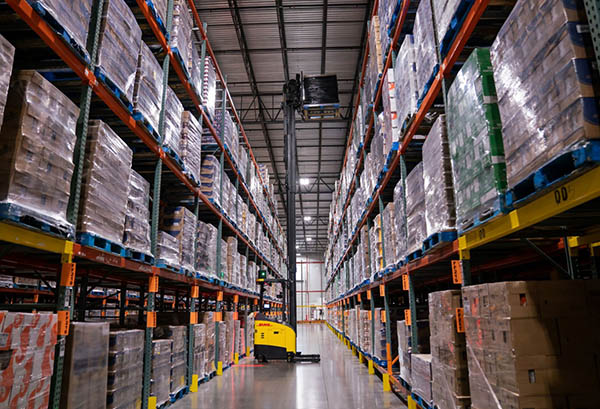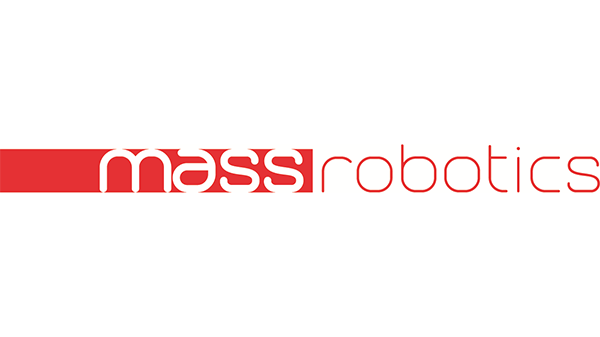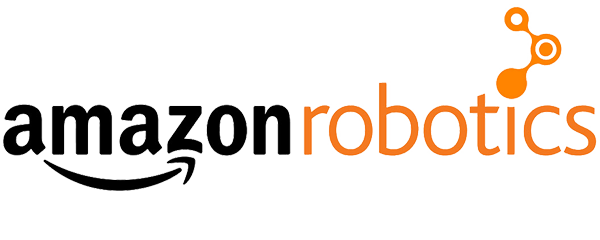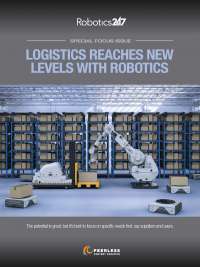Businesses are continually searching for new ways to maximize efficiency, optimize operations, and get high returns on investment. The adoption of automation is growing across industries as multiple technologies, such as sensors and artificial intelligence, improve. Self-optimizing machinery can enhance operational productivity and efficiency.
To date, manufacturers used industrial robots to minimize human error in repetitive production activities. However, an array of business verticals has started deploying mobile robots because of their wide applications and benefits. By 2027, the global market for mobile robots could reach $117.89 billion with a compound annual growth rate (CAGR) of 23.6%, according to a report by Allied Market Research.
Industries including healthcare, defense, food and restaurant, retail, and logistics are increasingly demanding automation. In turn, these industries are accelerating the evolution of robotics and related technologies. These end users are pushing researchers, vendors, and integrators to create and offer best-in-class products.
Amazon works to develop new robots
Amazon Robotics last year said it has developed “Bert,” a robotic arm for delivering containers to staffers, and “Ernie,” an autonomous mobile robot (AMR) for carrying items. They're intended to reduce the physical strain of workers bending down to move objects and speed up e-commerce order fulfillment.
Cloud computing giant Amazon Web Services recently launched AWS IoT RoboRunner. It is a new service for building workflow and fleet management software that will help integrate robots from various manufacturers so they can function together.
RoboRunner provides a centralized data repository, a model registry, and a registry for tracking all of the tasks performed by the robots for the entire fleet. AWS said its service will benefit enterprises that operate fleets of AMRs, automated guided vehicles (AGVs), and robot arms.
In addition, AWS has partnered with MassRobotics to establish the AWS Robotics Startup Accelerator. In that program, selected early-stage startups will get special mentorship and training from robotics experts. An informational webinar will be held from 12:00 to 1:00 p.m. EST on Jan. 10, 2022.
Supply chains look for proven technology
Since the outbreak of the COVID-19 pandemic, supply chain problems, the complexity and spread of e-commerce, and recurring labor shortages have changed the adoption of automation from a cost-cutting exercise to a vital factor for growth.
At the same time, logistics managers are seeking proven technologies to reduce workloads. Automated forklifts are one promising technology, and DHL Supply Chain is aiming to automate a third of its 20,000 pieces of equipment globally, according to Markus Voss, global chief information officer and chief operating officer at the company.
Seegrid's Palion Lift AMR is its first autonomous lift truck. The company claimed is the only one with 3D perception accessible in the market. The Palion Lift AMR will provide 360-degree safety for “effortless” vertical movements and can be reliable for self-navigation in constantly changing industrial environments, said Seegrid.
In addition, micro-fulfillment centers are another promising application, noted Adhish Luitel, an analyst at ABI Research. Robotics and automation can assemble e-grocery order baskets for customers with a minimum workforce, he said.
About the author
Vaishanavi Dhokchawle is a senior associate content writer at Allied Market Research. She holds a bachelor's degree in mechanical engineering.
Article topics
Email Sign Up





















